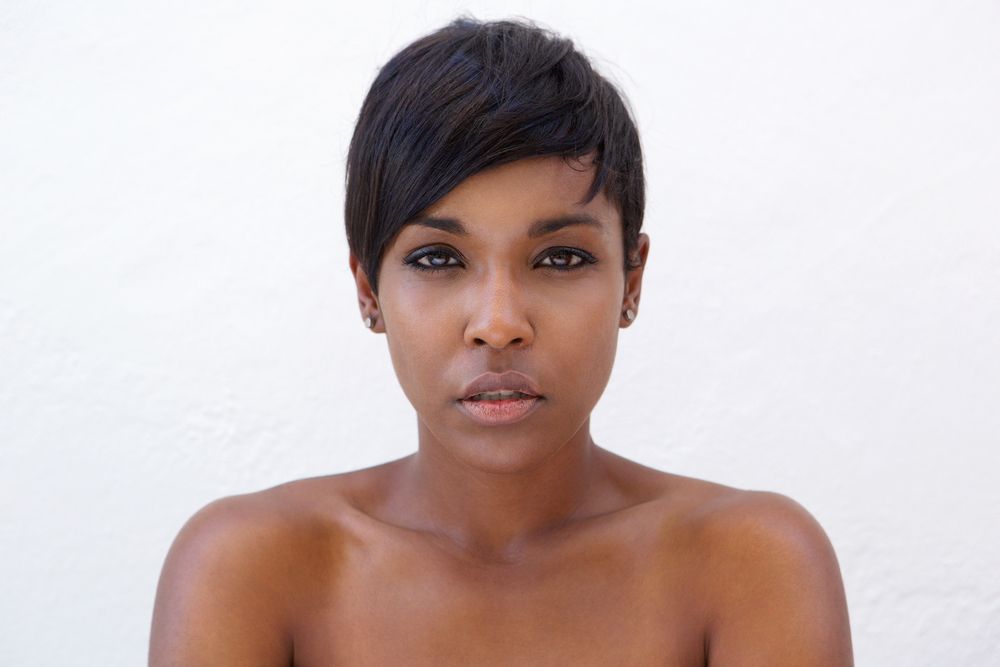Racial Injustice Fatigue: Coping with the Toxicity of Well-Meaning White People

By Kel Daroe
Every morning I suffer from racial injustice fatigue. At 7 a.m., I fall out of bed and convince myself that eating breakfast and brushing my teeth are in my best interest. During the last year and a half, it’s been damn near impossible. The morning struggle has been incredibly real and not because I gave birth, started jogging at dawn, or started commuting to an adjacent state.
It’s been hard to start my morning routine simply because Black people have been daily/weekly/monthly murdered by the state/vigilante/whomever wants to murder a Black person. Viewing a whole cadre of folks beaten would sour anyone’s taste for cereal, but I have bills to pay. Calling in black is sometimes not an option. On my morning commute, I can’t even check social media. The psychological ramifications make it hard to focus.
Inevitably, I catch a glimpse of AM New York or someone’s iPad. Yet another person has been harassed, hazed, abused or murdered as people dryly debate the merits of that person’s life while waiting in line for a bagel. I pretend I can’t hear and do my absolute best not to meet anyone’s eye. I wait for the conversation to transition to updates on what Kylie Jenner had for dinner. Sometimes I am lucky. As a middle class Black person, I have the ability to often be invisible in arenas where no one looks like me. Most times it’s a dehumanizing experience, but sometimes I get a break. Sometimes, but not often.
It’s an exhausting, yet old phenomenon. I remember being in college and having the entire class turn around for me to answer the professor’s questions about whether the Civil War was actually fought over slavery rather than state’s rights. Just last month I was at a celebration for my brother’s surgical residency graduation, where we were the only black people at the entire event. Waiting in line for the bathroom, I was approached for a joint by an old white guy, who was in such disbelief that I didn’t carry weed on my person that he repeatedly asked me where he could score. These experiences used to frighten me. I now regard them as a fact of life. It’s the cumulative effect of experiencing and witnessing small, daily injustice. I know I am always one more incident away from not being able to cope.
I wish I could recount these experiences to my white friends when they ask how could black folks be so angry, but I know that would make them uncomfortable. And we all know that in this relationship, only one person is allowed to be perpetually uncomfortable. Spoiler alert – it ain’t them. When my white friends sense my reluctance to discuss the latest modern lynching, they do not back down. There is always a moment when I see confusion wash over their face, a moment where I believe they actually register my pain hidden by aloofness, but then they continue. This is the very essence of privilege – the perception that you have the right to enlightenment even at the expense of another person’s pain.
I want to scream, but I can’t. I brace myself as the anger/resentment/grief washes over me. It passes, leaving a little more bitterness and angst than the time before. I’m demoralized by the fact that that I am assumed to be a griot of all racial injustice because I know this is another milder, more insidious facet of racism. As a student of history, I try to keep perspective. I know social movements started and maintained by the blood of marginalized peoples ultimately gain more traction once a tipping point of the majority begins to agree.
It’s a sad fact; we need all the well-meaning white people we can get. I mutter the absolute amount of minimum words in a bleak effort to make them think differently, but I know that if they were capable of thinking differently, this exchange wouldn’t have happened in the first place. I effectively hide my skepticism that racialized income inequality and the violence that results will never end without totally restructuring the educational system, abolishing the prison industrial complex, and burning capitalism to the ground. That too would make them uncomfortable. Back to square one.
Photo:
Kel Daroe is a health equity warrior and communications specialist. She lives in Brooklyn with her dog Bernie. Follow her on IG and Twitter @keldaroe.
No comments: